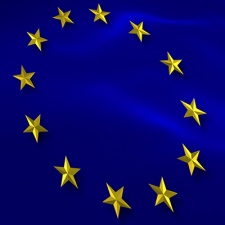The European Union has given the green light to Article 13, a new law that comes as part of a long running Copyright Reform Act.
Today's vote was a follow up after MEPs rejected the initial Article 13 legislation back in July. 703 participants voted, with 438 in favour and 226 against.
The vote was led by MEP Axel Voss, who was seen applauding the overwhelming result. MEP Marietje Schaake however, showed disdain regarding the outcome.
“The Parliament squandered the opportunity to get the copyright reform on the right track. This is a disastrous result for the protection of our fundamental rights, ordinary internet users and Europe´s future in the field of artificial intelligence. We have set a step backwards instead of creating a true copyright reform that is fit for the 21st century.” Schaake said, speaking to TechCrunch.
While the decision could cause discomfort among content creators, this vote is not the final decision. The EU will continue to negogiate terms between now and 2019, with a final vote occurring in January.
Plenary adopts it’s negotiating position on copyright rules for the digital single market. Negotiations with Council will begin soon. pic.twitter.com/hJOhClrZyf
— JURI Committee Press (@EP_Legal) September 12, 2018
Internet backlash
Article 11 and Article 13 have both been causing controversy since the proposal of the The Copyright Directive two years ago. Article 11 would see digital companies such as Google having to pay media outlets to host content.
Article 13 is a little more complex. Quickly dubbed as an "upload filter", this rule would make content hosting sites liable for copyright violations. This means YouTube, Facebook, Twitch, Twitter et al would be responsible for finding and removing copyrighted material. This could put content such as memes, song parodies and UGC at risk of being removed by platforms.
Content catastrophe
Just one week ago, video giant YouTube spoke out against Article 13. Chief business officer Robert Kyncl wrote a blog post detailing how the passing of the law could affect its creators.
Kyncl wrote that the Directive in it's current form could be “discouraging or even prohibiting platforms from hosting user-generated content."
“This outcome would not only stifle your creative freedom, it could have severe, negative consequences for the fans, the communities and the revenue you have all worked so hard to create.”













